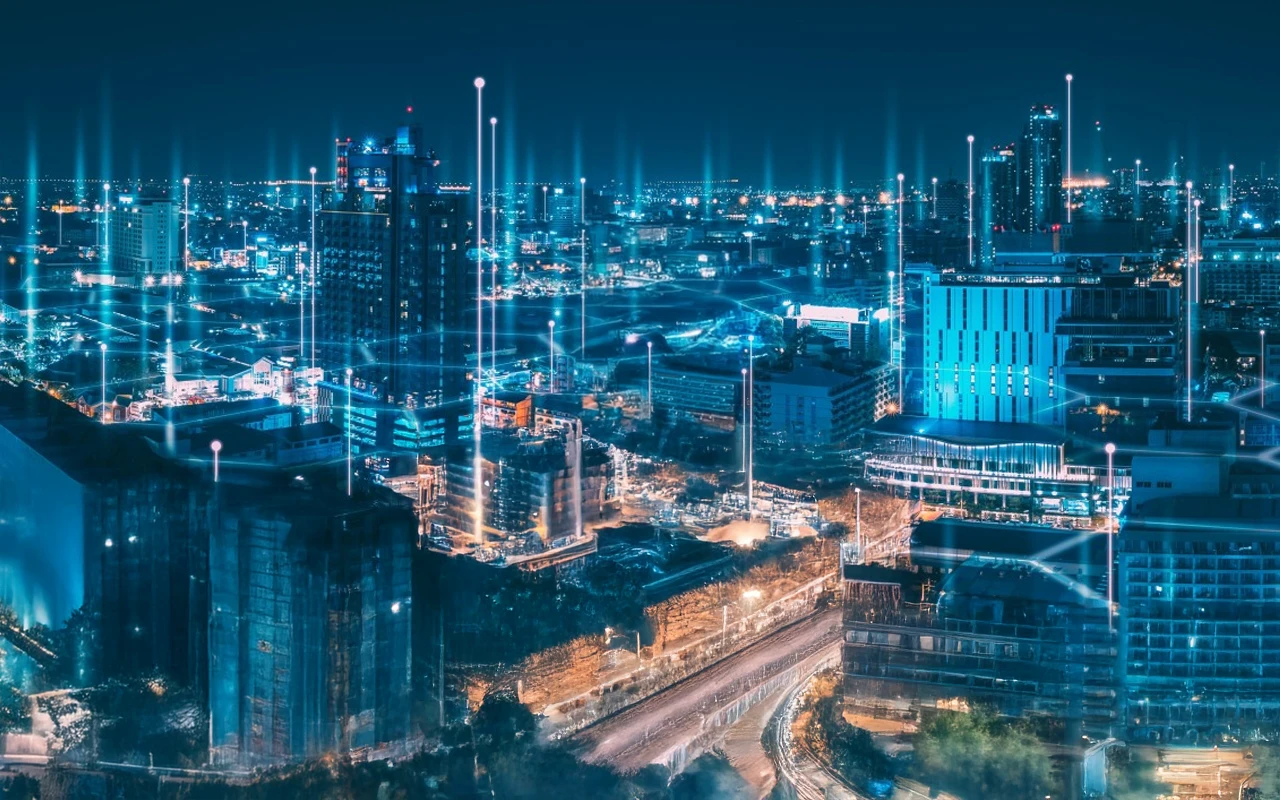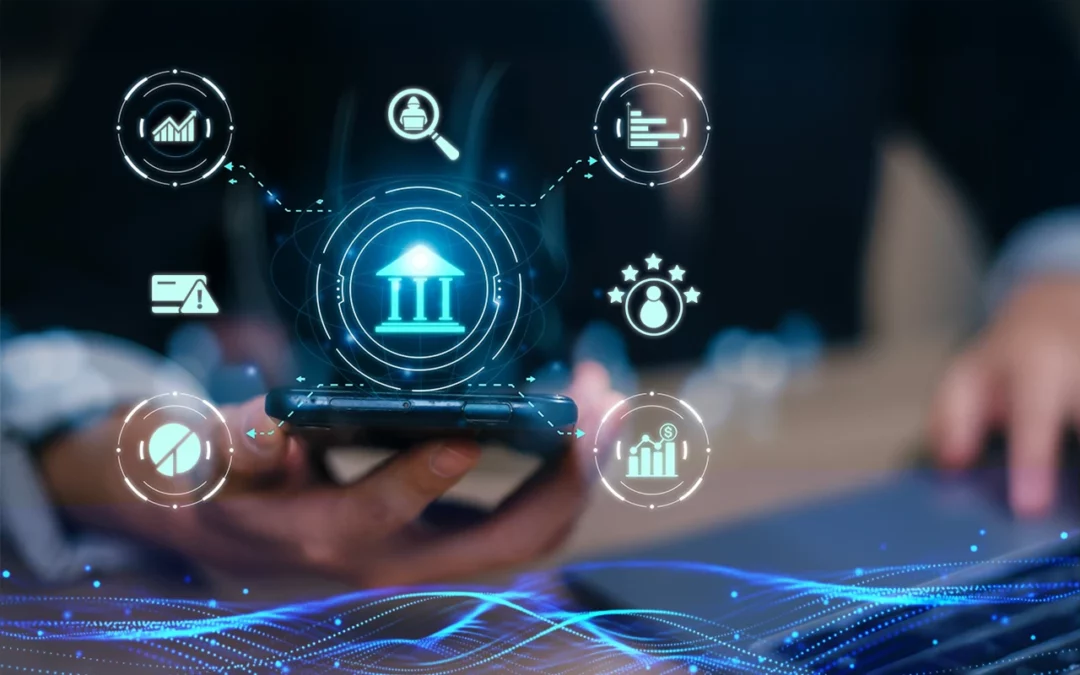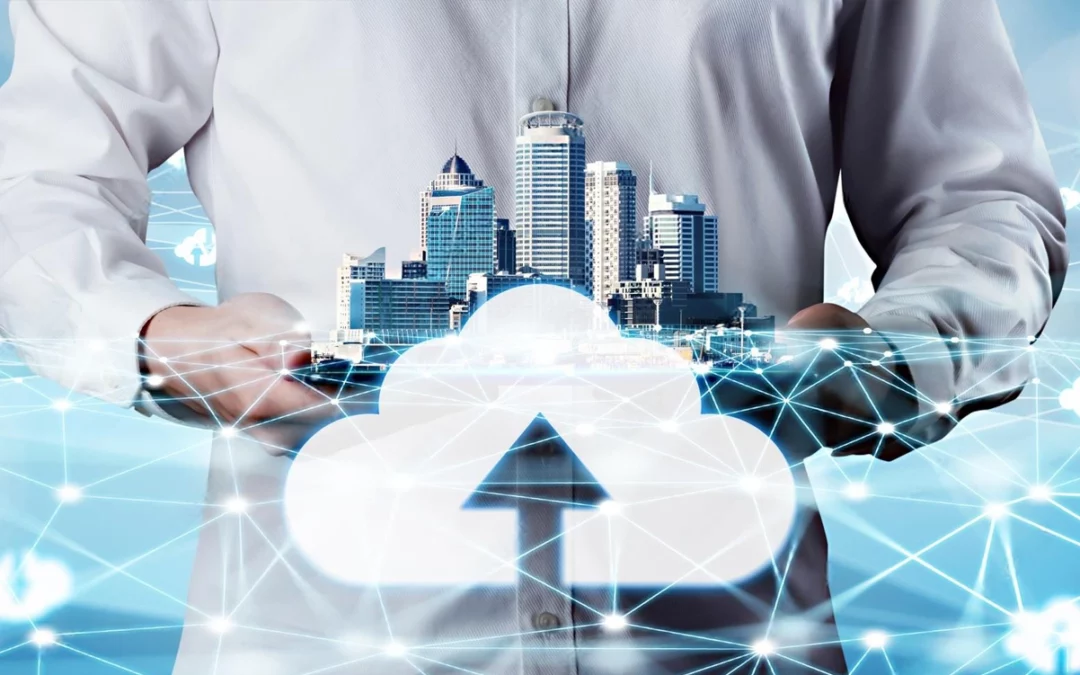The Philippine real estate industry is undergoing a paradigm shift as digital transformation takes center stage. As technology advances, the industry is seeing a surge in data-driven decision-making, smart home innovations, and virtual property experiences. The growing demand for smart homes, the rise of virtual reality (VR) and augmented reality (AR) in property sales, and the increasing focus on sustainability and ESG compliance are all compelling reasons to embrace digital innovation.
Digital Trends in Philippine Real Estate
AI and Data-Driven Decision-Making
The ability to analyze vast amounts of real estate data has become a game-changer. AI and machine learning allow developers, brokers, and investors to make smarter decisions by predicting market trends, assessing risk, and optimizing pricing strategies.
How AI is used in real estate:

Dynamic pricing models
AI evaluates demand, market conditions, and historical data to adjust property prices in real time.

AI-powered property recommendations
Platforms use machine learning to suggest properties based on buyer preferences.

Predictive market analytics
Developers can analyze historical trends to identify high-growth areas and mitigate investment risks.
Proptech startup Lhoopa is leveraging AI and data analytics to tackle the country’s affordable housing shortage. By using machine learning, Lhoopa predicts property valuations and identifies underutilized properties for redevelopment.
Smart Home Technology and Property Management Innovations
With the rise of IoT (Internet of Things), real estate is becoming more connected than ever. Smart home technology enhances security, convenience, and energy efficiency, while AI-driven property management automates maintenance and optimizes tenant experience.
Smart property innovations:
- AI-driven maintenance alerts: Sensors detect maintenance issues before they become major problems.
- Smart security systems: AI-powered surveillance and biometric access improve security.
- Automated energy management: IoT systems make homes more convenient and comfortable through lighting and temperature controls based on occupancy.
SM Prime has incorporated Building Management Systems and advanced Air Conditioning and Ventilation Systems into SM Offices, reducing operational costs and improving sustainability.
AR and VR in Property Sales
Traditional property viewings can be costly and time-consuming. With the rise of virtual reality (VR) and augmented reality (AR), buyers can explore properties remotely in immersive 3D.
How AR/VR is transforming real estate sales:
- Virtual property tours: Buyers can explore properties from anywhere in the world, reducing the need for physical visits.
- AR-enhanced site visits: Buyers can visualize customizations or future renovations in a realistic layout in real time.
Century Properties introduced digital home acquisition and virtual property tours to cater to remote buyers, streamlining the sales process.
Sustainability Through Digitalization
With growing environmental concerns, real estate companies are integrating smart sustainability solutions to meet ESG (Environmental, Social, and Governance) standards. Digital tracking tools help developers monitor carbon footprints, optimize energy efficiency, and ensure compliance.
Sustainable tech in real estate:

The PropTech Consortium of the Philippines unites real estate developers, designers, suppliers, brokers, users, policymakers, and capital markets and drives sustainable, resilient, and inclusive communities through tech-driven solutions.
Navigating the Digital Divide
While the benefits of digital transformation are clear, many real estate companies in the Philippines face obstacles:
- Adoption barriers: High upfront costs and a lack of awareness slow down adoption.
- Infrastructure limitations: Gaps in internet connectivity and tech accessibility in some areas hinder the widespread adoption of digital solutions.
- Cybersecurity risks: Real estate transactions involve sensitive data, making security a major concern.
How Real Estate Companies Can Stay Competitive

Invest in PropTech Solutions
Identify and implement proptech solutions that address the specific needs and challenges of the Philippine market. This may include property management software, CRM systems, virtual tour platforms, and data analytics tools.

Upskill Employees in AI and Data Analytics
Invest in training programs to equip employees with the skills and knowledge needed to leverage digital technologies. This may include training on data analytics, AI tools, and digital marketing techniques.

Partner with Digital Platforms for Market Expansion
Collaborate with proptech startups and onboard digital platforms to expand market reach, enhance customer engagement, and streamline operations. This may involve using online marketplaces, social media platforms, and digital marketing.
Building the Future of Real Estate
By embracing digital transformation and leveraging proptech solutions, real estate companies can enhance efficiency, improve customer experiences, and achieve sustainable growth.
Explore how Stratpoint can help craft your blueprint for future-ready real estate and development strategies. Fill out the form below to schedule a discovery call with Stratpoint experts.




